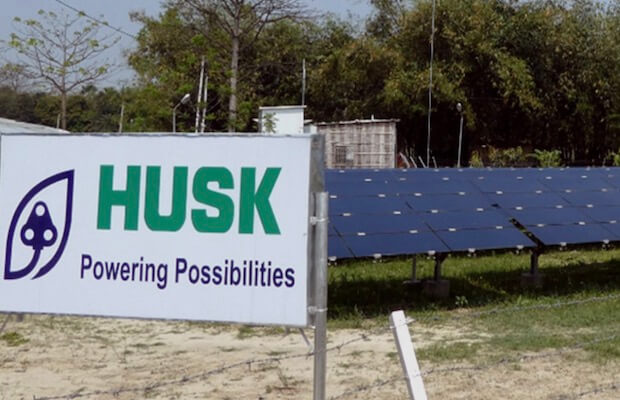Nigeria’s renewable energy ambitions received a major push this week as the United Capital Infrastructure Fund (UCIF) approved a ₦5 billion ($3.3 million) revolving debt package for Husk Power Systems, the global leader in privately operated solar minigrids.
The facility, which runs for ten years, gives Husk the flexibility to build, expand, and reinvest in solar projects across the country. Initial investments will target standalone minigrid sites, followed by interconnected systems and dedicated installations for commercial and industrial users. UCIF has set a wider target of enabling at least 100 megawatts of new clean energy capacity by 2030.
“Financing is often the biggest barrier for energy developers in emerging markets,” said UCIF investment principal Uchenna Mkparu. “By extending affordable local currency debt to Husk, we are directly supporting the kind of scalable solutions that can transform livelihoods for farmers, small businesses, and entire communities.”
Despite its vast gas reserves, Nigeria continues to suffer from an electricity deficit—40% of its population lacked access as recently as 2023, according to World Bank data. The shortfall is particularly severe in rural areas, where families and enterprises rely on costly diesel generators. The government has identified solar minigrids as a central pillar in addressing this challenge, aiming to lower costs, expand access, and cut carbon emissions.
UCIF’s move comes at a time when the clean energy sector is seeing greater interest in domestic financing options. In July, InfraCredit and the Africa Minigrid Developers Association launched the Clean Energy Funding Programme to improve access to long-term local financing. Earlier in May, Shell-backed All On invested ₦2 billion in Salpha Energy to expand local solar kit production—benefiting over two million Nigerians.
Industry experts say UCIF’s revolving debt model could reshape how renewable energy projects are funded in Nigeria, giving developers like Husk the confidence to scale quickly without being hindered by foreign exchange risks or short-term loan cycles.
If successful, the partnership could serve as a blueprint for channeling patient capital into Africa’s clean energy transition while powering small businesses and underserved households that form the backbone of Nigeria’s economy.

